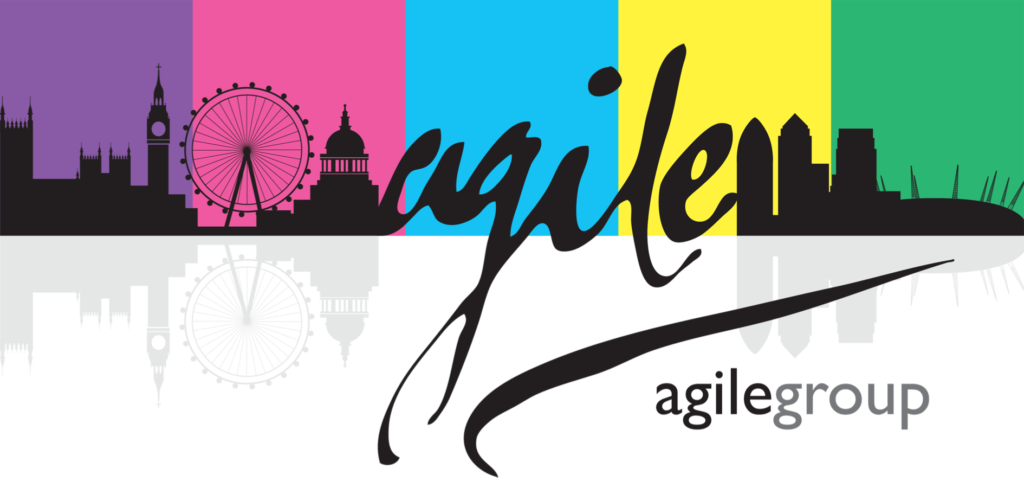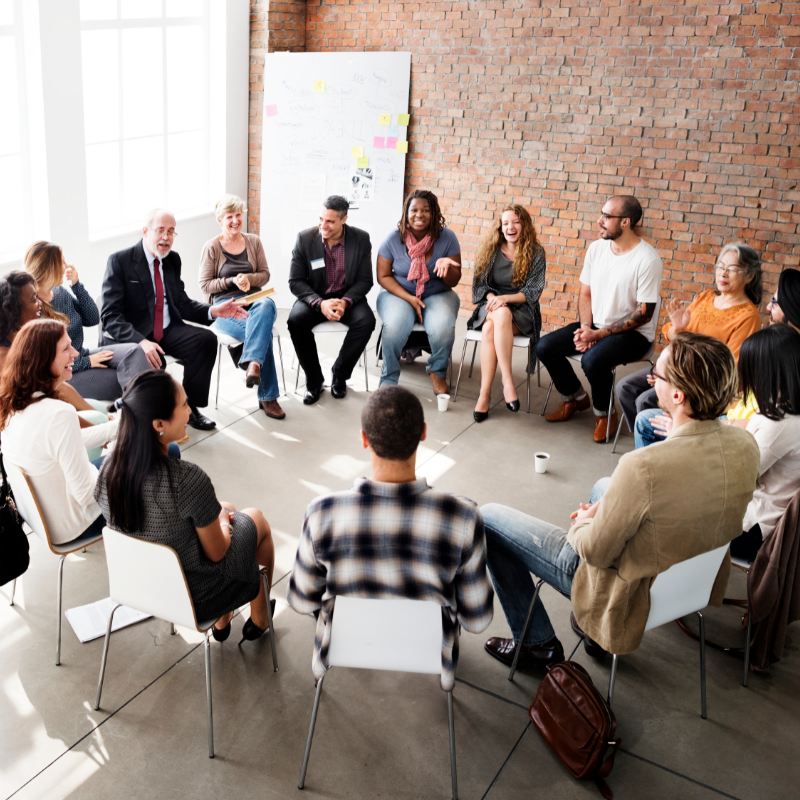Written by Pete Stevens, a Master Practitioner in Coaching and Mentoring, this article draws on years of industry experience to explore the power of Social Learning Theory in practice. Pete’s insights are rooted in both academic understanding and hands-on application, making this a must-read for anyone looking to deepen their approach to learning and development.
Have you ever learned how to do something just by watching someone else? Maybe it was fixing a tap, running a workshop, or leading a difficult conversation. That’s social learning—one of the most natural and powerful ways we develop as people.
At Agile Group, we know that learning doesn’t just happen through textbooks or PowerPoint. It happens through observation, reflection, interaction—and most importantly, connection.
What Is Social Learning?
Social learning is the process of acquiring knowledge, behaviours, or skills by observing and interacting with others. From childhood through to professional life, it’s how we pick up language, social cues, coaching skills, leadership behaviours, and more.
Unlike traditional learning, which often relies on direct instruction, social learning is more immersive and instinctive. It happens in team meetings, workshops, coffee breaks, and increasingly, online.
The Psychology Behind It
Psychologist Albert Bandura formalised Social Learning Theory (SLT) in the 1960s. His research proved what many of us already knew: people learn by watching others—especially when those others are role models or peers.
He identified four essential conditions for effective social learning:
- Attention – Noticing the behaviour.
- Retention – Remembering it later.
- Reproduction – Having the ability to replicate it.
- Motivation – Wanting to apply it in your own context.
Agile’s workshops and programmes are built with these steps in mind—encouraging learners to notice, reflect, try, and embed new behaviours in a supportive community.
Real-World Applications
In Coaching and Mentoring
Social learning is foundational to coaching and mentoring. At Agile, learners absorb best practice not just from tutors, but from one another. Triad coaching, peer feedback, and tutor modelling help learners see skills in action—then apply them in their own way.
In the Workplace
In high-performing teams, knowledge isn’t kept in silos. It’s shared. Employees learn by shadowing, collaborating, and watching how others navigate challenges. Agile encourages companies to build collaborative cultures where feedback and informal learning thrive.
In the Digital World
From YouTube tutorials to online workshops and peer communities, social learning thrives on digital platforms. Agile’s virtual sessions, forums and webinars are designed to keep people connected and learning—no matter the distance.
But It’s Not Without Challenges
Social learning isn’t a silver bullet. It requires the right conditions. Poor modelling, groupthink, or passivity can dilute its impact. At Agile, we work to create psychologically safe spaces where diverse ideas are shared, healthy challenge is welcome, and everyone feels seen and heard.
Why It Matters Now
Whether you’re leading a team or just starting out, social learning accelerates growth. It’s how we build resilience, self-awareness, and adaptability—core skills in today’s fast-changing world.
And best of all? It doesn’t feel like learning in the traditional sense. It feels like connecting.
How You Can Use It
- Join Agile’s learning community – Our programmes are built around group interaction, shared reflection, and support.
- Be observant – Learning is all around you. Watch how others handle challenges.
- Ask questions – Our community thrives on curiosity.
- Teach others – Nothing cements your learning like helping someone else.
Final Thoughts
Social learning isn’t a buzzword—it’s how we’ve evolved as humans. It’s not about hierarchy. It’s about people helping people.
At Agile Group, we see this every day in our workshops, coaching sessions, and conversations. We’d love you to be part of it.
Want to experience the power of learning through connection?
Join the Agile community and explore our coaching-led programmes. Whether you’re developing your team or yourself, you’ll be supported, challenged, and inspired by others who believe in learning that sticks.
Explore our coaching-led learning programmes
Speak to a facilitator about our programmes

